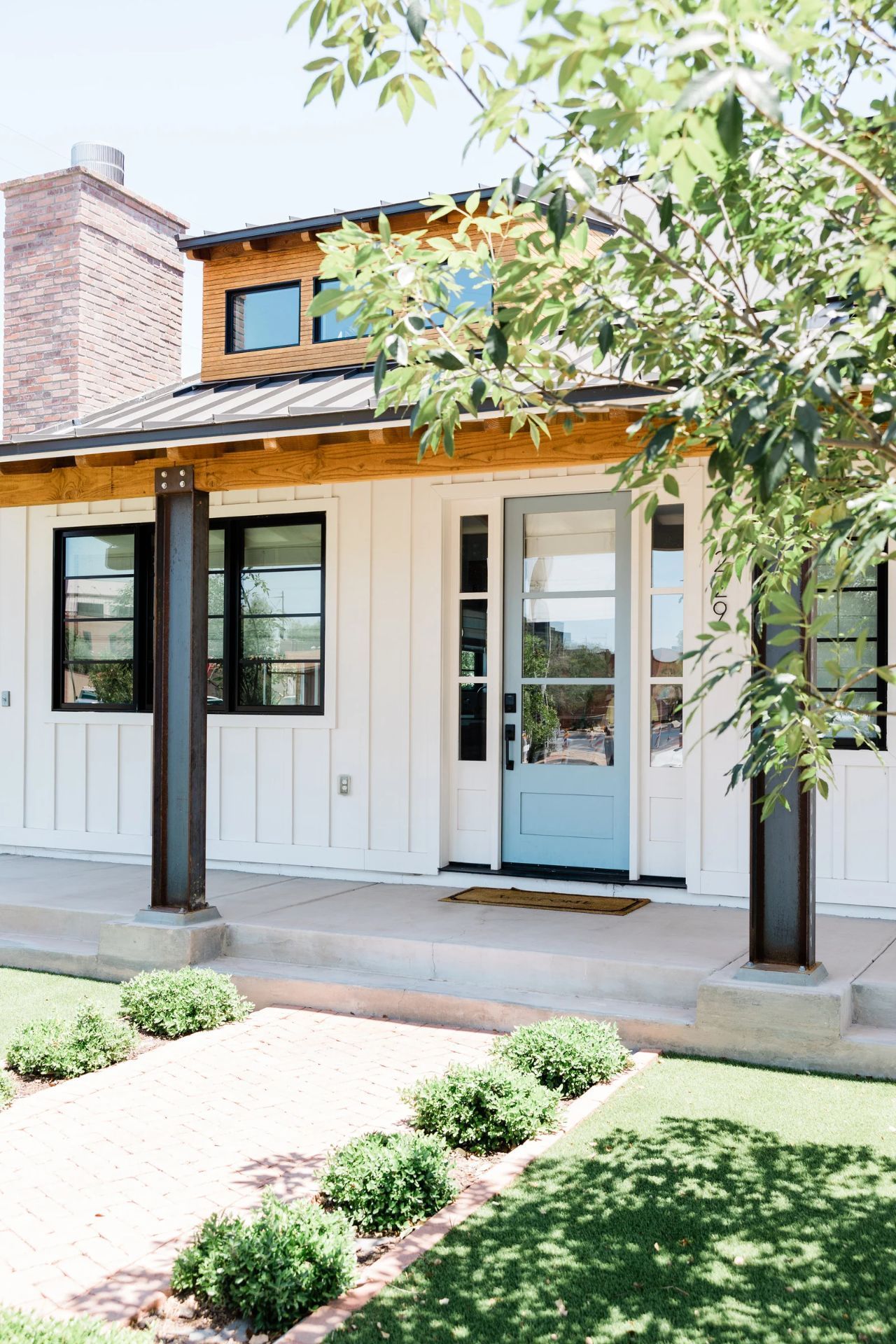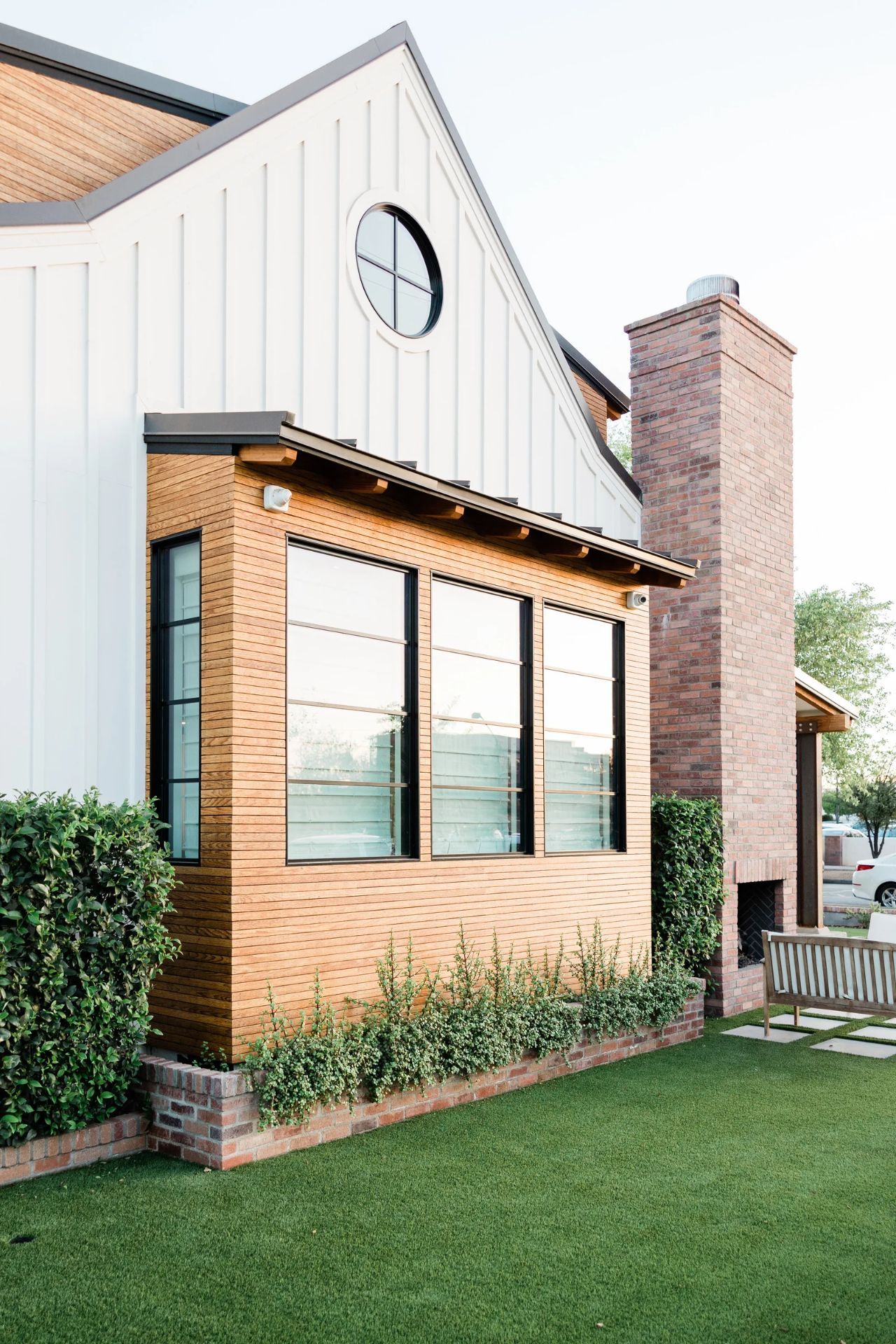The Charleston Short Term Rental Guide
Charleston has become a destination city for all the right reasons, and as such there is a market for purchasing various short term rental properties that provide any number of experiences for the traveler – from boutique hotels, beach houses, in-town villas, to entire residential homes.
For those looking to own a property that can be used as a short term rental in Charleston, first think about the experience you wish to provide...
An authentic historic experience? A sandy beach getaway? A more rustic excursion?
Regardless, one must be able to navigate the various ordinances imposed by municipalities and homeowners associations, in addition to the desirability of the property on the rental market.
So the primary question for you is...
Do you intend to live on the property, and utilize one part of it as a rental?
or
Do you intend to invest in a whole property as a short term rental?
‘Full Income’ Charleston Short Term Rentals
For the real estate investor looking to capitalize on this market, awareness of municipal laws, homeowners association rules, and political motivation for future ordinances is just as important as estimating a balance sheet.
“Full income short term rentals” refer to properties where the owners primary motivation is for rental income, rather than supplemental income from a primary residence.
The municipal regulations for investment short term rentals tend to be much more strict than those for residential rentals, and research is required to determine permit eligibility.

Historic Downtown Charleston
As the oldest city in South Carolina, historic Charleston has a huge hospitality presence – lots of hotels, coupled with a number of historic homes that can be rented short term.
List of Services
-
What is considered a short term rental?List Item 1
Any rental under 30 days.
-
How long does a permit remain valid?List Item 2
One year, the owner must reapply each year.
-
Does an existing short term rental permit convey to a new owner?List Item 3
No, the new owner must reapply for a permit.
-
Can an owner rent their property short term without a permit, as long as they don’t advertise it?List Item 4
No, this is illegal.
-
Can an owner advertise the property for short term rentals?
Yes, if there is a valid permit. Online advertising is allowed, but physical signage is not.
-
Is there a fine for operating a short term rental without a permit?
Yes, and the ordinance is actively enforced.
List of Services
-
Are there insurance requirements?List Item 1
Yes, for city permitting there must be a policy in place for personal injury and property damage with limits of at least $1,000,000 per occurrence. Homeowners associations may have additional requirements.
-
Does an owner require a business license?List Item 2
Yes, you must comply with all revenue collections laws.
-
If the existing building requires alterations to deploy as a short term rental, would this be allowed?List Item 3
Yes, but only interior alterations. The exterior may not be modified in order to comply with permitting.
-
Can the off-street parking for the STR be shared with the owner’s parking?List Item 4
Tandem parking is allowed, only if there is always a space for one vehicle to park exclusively for the tenant.
-
Can an LLC own a commercial short term rental?
Yes.
The Beaches
Generally the rules are fairly open to short term rentals on the beach – you’ll just need a business license through the municipality of each of the following:
- Isle of Palms
- Folly Beach
- Kiawah Island
- Seabrook Island
Each town has a few other ordinances to abide by so make sure you're up to date with the current regulations.
Sullivan’s Island is the exception.
The town of Sullivan’s Island openly prohibits short term rentals. Any rentals less than 30 days are not legal. You may notice a handful of property owners that do still operate vacation rentals, but this is because they are grandfathered in from before the ordinance was set in 2002.
Outside the City
Outside the city of Charleston there is a number of options are available in municipalities that may be less restrictive, such as:
- North Charleston
- Hanahan
- West Ashley
- James Island
- Mount Pleasant
These housing communities present affordable market opportunities for operating a short term rental - for both the owner and the renter. Typically these are entire homes offering plenty of space and a location close to historic downtown Charleston.
‘Supplemental’ Charleston Short Term Rentals
For the homeowner looking to generate rental income from their primary residence, municipal ordinances vary widely, though they tend to be more flexible than those for investment properties.
In some areas only an accessory unit (ADU for short) may be permitted, while other areas allow the entire home.
“Supplemental” short term rentals refer to properties the owner has declared as a primary residence and generates income through rentals on all or part of the property.
We often see these rentals as accessory structures to the home: an apartment adjacent to the main home, a room above the garage, or a mother-in-law suite.
In many areas outside of downtown, it is permitted to short term rent the entire home.

Downtown Charleston
To obtain a short term rental permit for a residential property on the Charleston peninsula,
the owner must first abide by the following rules:
- there may be only one short term rental unit on any residential property
- the short term rental must be an accessory unit – the main house cannot be rented short term
- the owner must declare the property as their primary residence
- the owner must be physically present near the property when tenants are present
- there must be at least one off-street parking space exclusively designated for the rental tenant
Next, there are three zones on the peninsula to consider when selecting the property:
Southern Peninsula
- It cannot contain more than 1 STR unit.
- It must have 1 off street parking spot.
- It must be an existing structure or an accessory building listed on the National Historical Registry.
- There is a one year holding period for any unit that has been occupied by a long term tenant to discourage renter displacement.
Upper Peninsula
- It cannot contain more than 1 STR unit.
- It must have 1 off street parking spot.
- It must be located in a building built more than 50 years ago.
STR Overlay
- Eligible for bed & breakfast or a commercial STR.
- It must have 1 off street parking spot.
- It must be located in a building built more than 50 years ago.
Outside the City
Click on the tabs below to learn more about each municipality of the greater Charleston area:
Ultimately, it’s complicated, restrictive, and the market for these homes is extremely tight. This guide is only meant to serve as an overview of the regulations in the area. When ready to pursue the next steps, reach out directly so we can create a specific plan customized for you!




